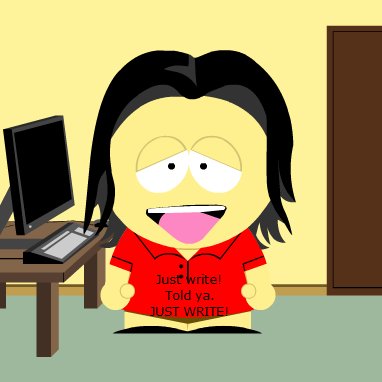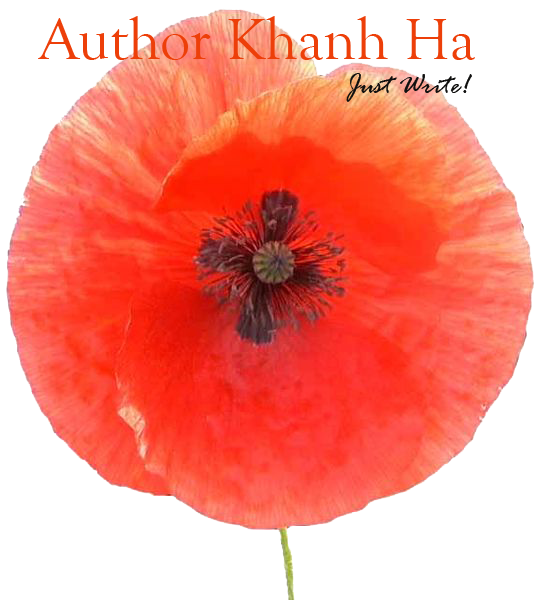Mrs. Rossi's Dream (Release: March 31, 2019. The Permanent Press)
DEDICATION
I will be your child to hold
And you be me when I am old
The world grows cold
The heathen rage
The story's told
Turn the page.
[Cormac McCarthy]
And you be me when I am old
The world grows cold
The heathen rage
The story's told
Turn the page.
[Cormac McCarthy]
The Magnificent Seven
- One Hundred Years of Solitude
- All The Pretty Horses
- Shipwrecks
- The Man Who Fell to Earth
- James
- Paris Trout
- A Lesson Before Dying
Followers
The Uncreate

Then there was the bad weather. It would come in one day when the fall was over. You would have to shut the windows in the night against the rain and the cold wind would strip the leaves from the trees in the Place Contrescarpe. The leaves lay sodden in the rain and the wind drove the rain against the big green autobus at the terminal and the Café des Amateurs was crowded and the windows misted over from the heat and the smoke inside. It was a sad, evilly run café where the drunkards of the quarter crowded together and I kept away from it because of the smell of dirty bodies and the sour smell of drunkenness. The men and women who frequented the Amateurs stayed drunk all of the time or all of the time they could afford it; mostly on wine which they bought by the half-liter or liter. Many strangely named apéritifs were advertised, but few people could afford them except as a foundation to build their wine drunks on. The women drunkards were called poivrottes which meant female rummies.

The Café des Amateurs was the cesspool of the rue Mouffetard, that wonderful narrow crowded market street which led into the Place Contrescarpe. The squat toilets of the old apartment houses, one by the side of the stairs on each floor with two cleated cement shoe-shaped elevations on each side of the aperture so a locataire would not slip, emptied into cesspools which were emptied by pumping into horse-drawn tank wagons at night. In the summer time, with all windows open, you would hear the pumping and the odor was very strong. The tank wagons were painted brown and saffron color and in the moonlight when they worked the rue Cardinal Lemoine their wheeled, horse-drawn cylinders looked like Braque paintings. No one emptied the Café des Amateurs though, and its yellowed poster stating the terms and penalties of the law against public drunkenness was as flyblown and disregarded as its clients were constant and ill-smelling.
All of the sadness of the city came suddenly with the first cold rains of winter, and there were no more tops to the high white houses as you walked but only the wet blackness of the street and the closed doors of the small shops, the herb sellers, the stationery and the newspaper shops, the midwife—second class—and the hotel where Verlaine had died where you had a room on the top floor where you worked.
—Ernest Hemingway (A Good Café on the Place St.-Michel)19 inches of a green screen tv
The tv was on. Kids stared straight into the tube, heads held by miniature hands.
It was a black & white set, with a piece of green plastic glued to the tube. The old man liked it like that. It stayed like that. Period.
Kennedy was killed on that tv.
Vietnam was started on it.
It was a damned television.
—Bill Shields
PHRASES
When the world is reduced to a single dark wood for our eyes' astonishment, — a beach for two faithful children,— a musical house for our pure sympathy, — I shall find you.
Should there be here below but a single old man, handsome and calm in the midst of incredible luxury, I shall be at your feet.
Should I have realized all your memories, — should I be the one who can bind you hand and foot, — I shall strangle you.
— Arthur Rimbaud
Should there be here below but a single old man, handsome and calm in the midst of incredible luxury, I shall be at your feet.
Should I have realized all your memories, — should I be the one who can bind you hand and foot, — I shall strangle you.
— Arthur Rimbaud

The Ascendance of a Blogger
If you happen to look at this bottom of mine,
do you know how long it has taken to rise to the top?
Visit Khanh's profile on Pinterest.
do you know how long it has taken to rise to the top?
Visit Khanh's profile on Pinterest.

